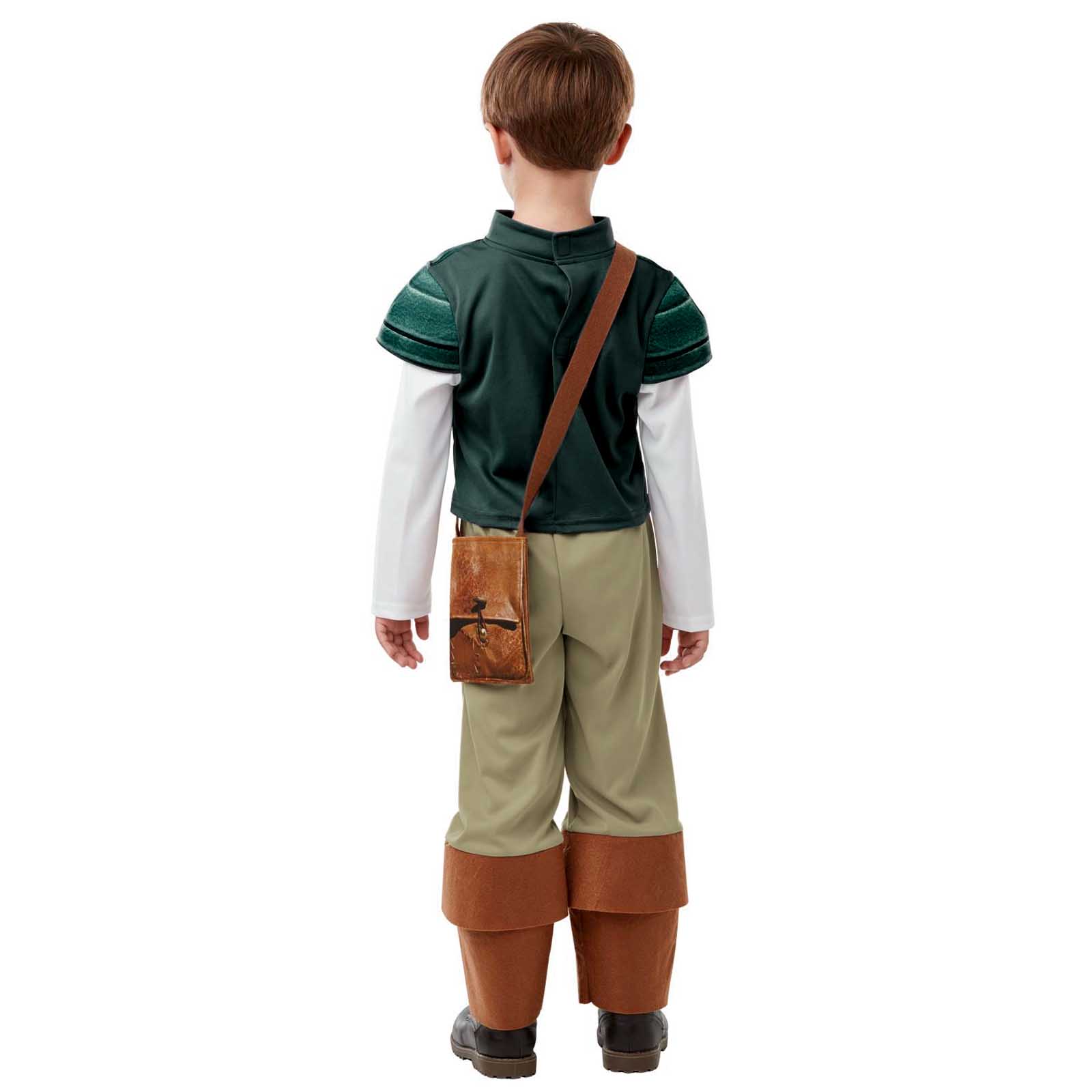

Around the age of six, Polanski attended primary school for only a few weeks, until "all the Jewish children were abruptly expelled", writes biographer Christopher Sandford. Kraków was soon occupied by the German forces, and the racist and anti-Semitic Nuremberg Laws made the Polańskis targets of persecution, forcing them into the Kraków Ghetto, along with thousands of the city's Jews. The Polański family moved back to Kraków, Poland, in early 1937, and were living there when World War II began with the invasion of Poland. Polanski later stated that he was an atheist. Annette survived Auschwitz, where her mother was murdered, and left Poland forever for France. His mother had a daughter, Annette, by her previous husband. Polanski's father was Jewish and originally from Poland Polanski's mother, born in Russia, had been raised Catholic but was half Jewish. He was the son of Bula (aka "Bella") Katz-Przedborska and Mojżesz (or Maurycy) Liebling (later Polański), a painter and manufacturer of sculptures, who after World War II was known as Ryszard Polański.

His other critically acclaimed films include Tess (1979), The Pianist (2002) which won him the Academy Award for Best Director, The Ghost Writer (2010), Venus in Fur (2013), and An Officer and a Spy (2019). After fleeing to Europe, Polanski continued directing. In 1978, upon learning that the judge planned to reject his plea deal and impose a prison term instead of probation, Polanski fled to Paris and has since been a fugitive from the U.S. As a result of a plea bargain, he pleaded guilty to the lesser offence of unlawful sex with a minor. Polanski was arrested and charged in 1977 with sexual abuse against a 13-year-old girl. He made Macbeth (1971) in England and Chinatown (1974) back in Hollywood. In 1969, Polanski's pregnant wife, actress Sharon Tate, was murdered with four friends by members of the Manson Family. In 1968, he moved to the United States and cemented his status in the film industry by directing the horror film Rosemary's Baby (1968).

After living in France for a few years, he moved to the United Kingdom, where he directed his first three English-language feature-length films: Repulsion (1965), Cul-de-sac (1966), and The Fearless Vampire Killers (1967). Polanski's first feature-length film, Knife in the Water (1962), was made in Poland and was nominated for the United States Academy Award for Best Foreign Language Film. After his mother and father were taken in raids, Polanski spent his formative years in foster homes, surviving the Holocaust by adopting a false identity and concealing his Jewish heritage. Two years later, the invasion of Poland by Nazi Germany started World War II, and the family found themselves trapped in the Kraków Ghetto. His Polish Jewish parents moved the family from his birthplace in Paris back to Kraków in 1937. He is the recipient of numerous accolades, including an Academy Award, two British Academy Film Awards, nine César Awards, two Golden Globe Awards,Īs well as the Golden Bear and a Palme d'Or. Raymond Roman Thierry Polański ( né Liebling 18 August 1933) is a French and Polish film director, producer, screenwriter, and actor.


 0 kommentar(er)
0 kommentar(er)
